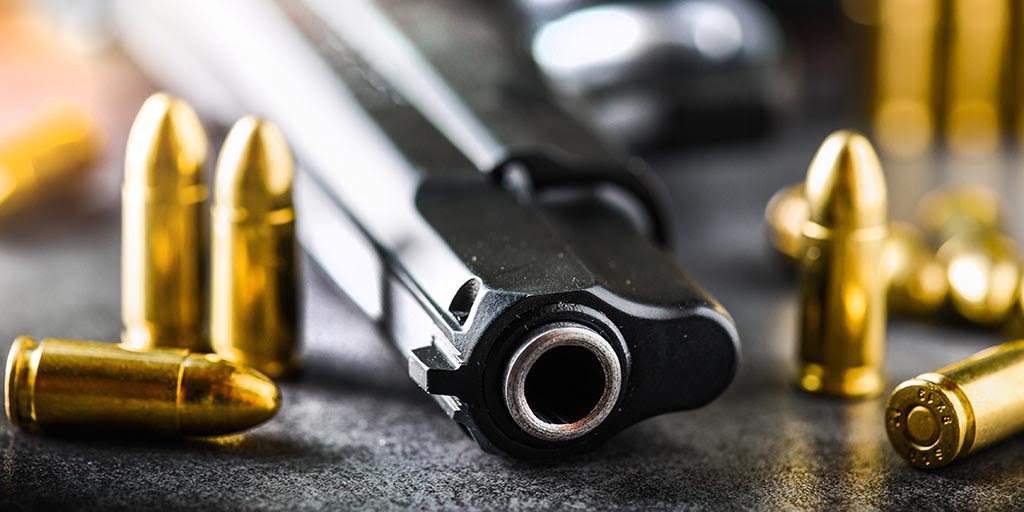
I am regularly contacted by people who want to sue the City of Philadelphia for any number of reasons. About a third of the time, people are upset by perceived lawlessness and want to sue the City. For a while, I was getting several calls a month about off road vehicle gangs etc. Recently, calls about shootings have picked up. The City has immunity for most claims like a city street sweeper hit my parked car overnight or the city knocked down a vacant shell of a building without permission. But, as a plaintiff’s lawyer, I am always trying to evaluate if there is a way to gain some compensation for clients who have suffered terribly.
In researching how to pursue justice for families impacted by gun violence, there may be a change in the legal landscape coming soon to Pennsylvania. In 2005, Congress passed the Protection of Lawful Commerce in Arms Act (PLCAA), a law that, with some limited exceptions, immunized gun manufacturers and sellers from many state tort claims involving the misuse of firearms. This George Bush era legislation has been upheld throughout the country, with a few notable exceptions. The PA Supreme Court is going to be hearing arguments on Gustafson v. Springfield and a few associated cases to determine the constitutionality of this law. The law is intended to protect gun manufacturers from being sued for shootings by criminals. Criminals generally don’t have insurance and are hence not good targets for compensation. Further, shootings are intentional torts and not covered by insurance. It is good to know that Texas Attorney General Ken Paxton has filed an amicus brief in support of the gun companies. It sort of means that the Plaintiffs are on the right side of things.
The tactical approach when representing a shooting victim’s family has been to target the gun manufacturers on any number of grounds including you are putting too many guns into circulation without any control over what happens to them. In fact, the PLCAA was, by all accounts, a result of the big tobacco litigation settlements plus findings in one or more courts that low end gun manufacturers were pumping guns into low regulation states fully expecting that those guns would be sold or transferred into other states illicitly.
The Gustafson case is exceedingly sad. The Gustafson’s son was at a friend’s house and the friend took out the magazine of bullets and assumed it was not loaded. Not knowing that there was still a round in the gun’s chamber, the other boy pulled the trigger and killed their son. The family filed suit and immediately ran into this law that immunizes private companies from tort lawsuits.
Tort immunity for private companies is not unheard of particularly when you are trying to protect an industry that has some public utility, like a nuclear power plant or electric provider etc. However, even those companies have elements of liability for negligent conduct. Here, the gun manufacturers are specifically immunized from tort lawsuits. The grounds for the PA Supreme Court hearing this case are that constitutional law holds that tort law is a uniquely state based creation and Congress is overreaching by preventing tort lawsuits. The 10th Amendment to the US Constitution says: The powers not delegated to the United States by the Constitution, nor prohibited by it to the States, are reserved to the States respectively, or to the people. So, since tort law as a whole is a state by state construct, the Federal Government should really have no place in determining what is or is not permissible under state law. This is a simplistic view of things, but the PA Supreme Court is likely fed up with endless gun violence and may take a stand and say that here in Pennsylvania, you can sue gun manufacturers for the foreseeable outcomes of spewing guns into society. Interestingly, the US Supreme Court has previously concluded that the Federal Government cannot force states to run gun background checks outlining the limits of the 10th amendment.
So, we shall see what happens in Gustafson. If the PA Supreme Court finds that the PLCAA’s prohibition on lawsuits against gun manufacturers violates the US or PA constitution, then I would expect the US Supreme Court to weigh in in favor of the PLCAA given the Court’s rightward bent. In the meantime, people will continue to be shot by guns that could easily be made far safer, far harder to obtain, etc.
